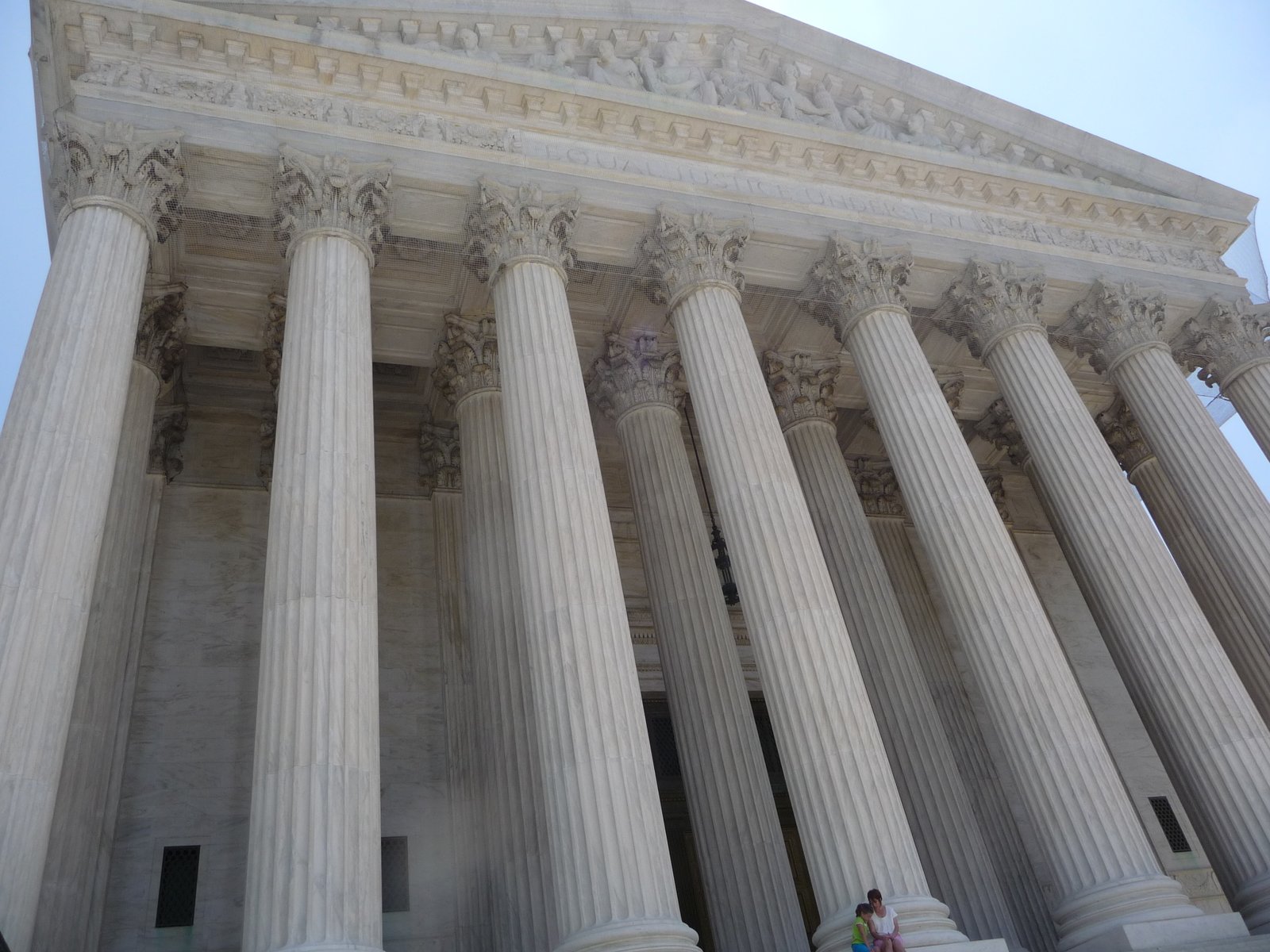BREAKING: Supreme Court says WWI Cross can stand due to age
There’s an old adage that bad facts make bad law, and in this case, given political exigencies, there was little to no chance that the Court would have found that the cross must be removed from public property. While we had previously anticipated that denying the case based on standing would have been the “easy answer,” the Court issued a ruling today that addressed the cross on the merits. Now our attention turns to whether there is collateral damage to the substance of the Establishment Clause.
BREAKING: Supreme Court says WWI Cross can stand due to age Read Post »





